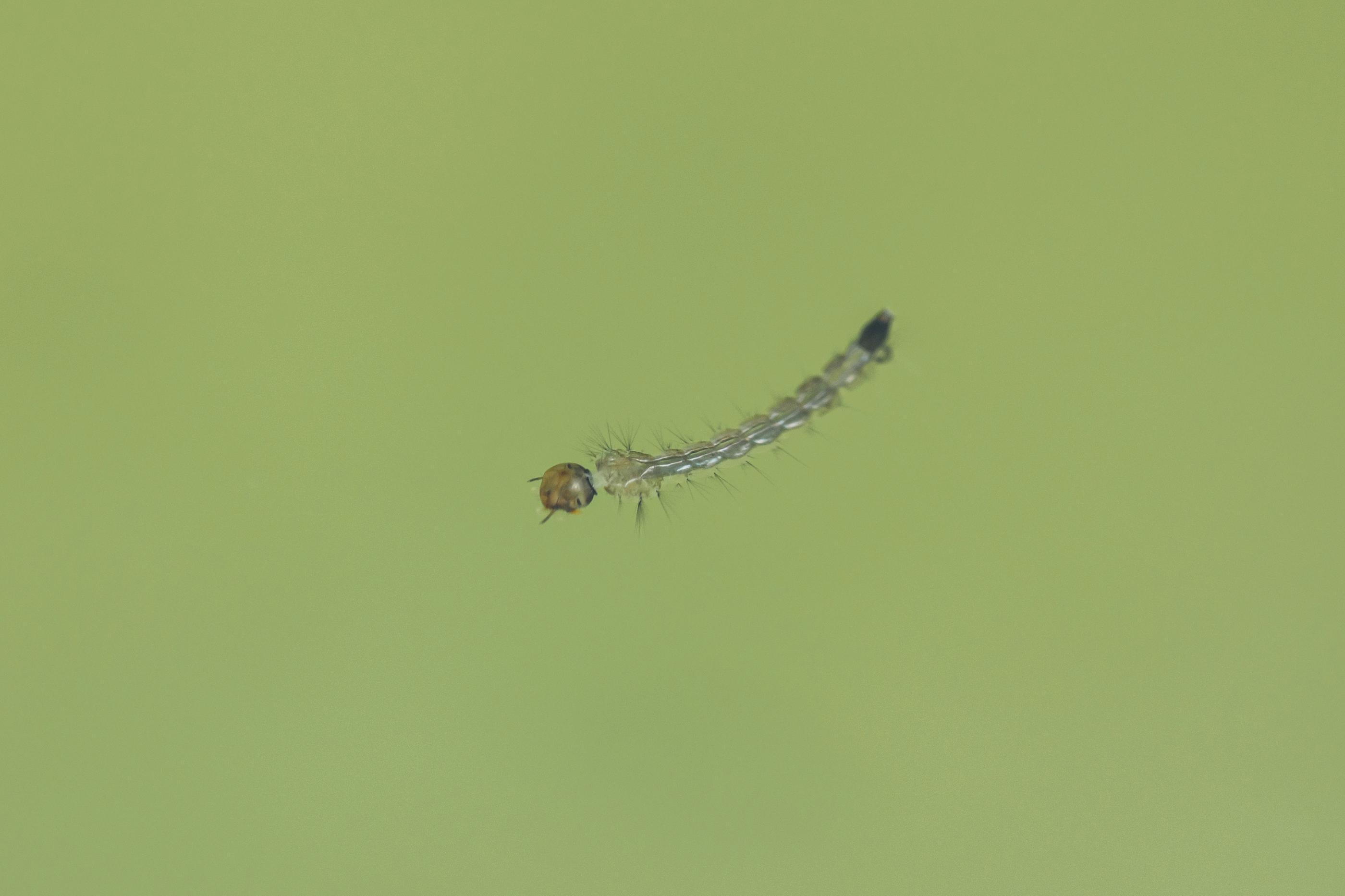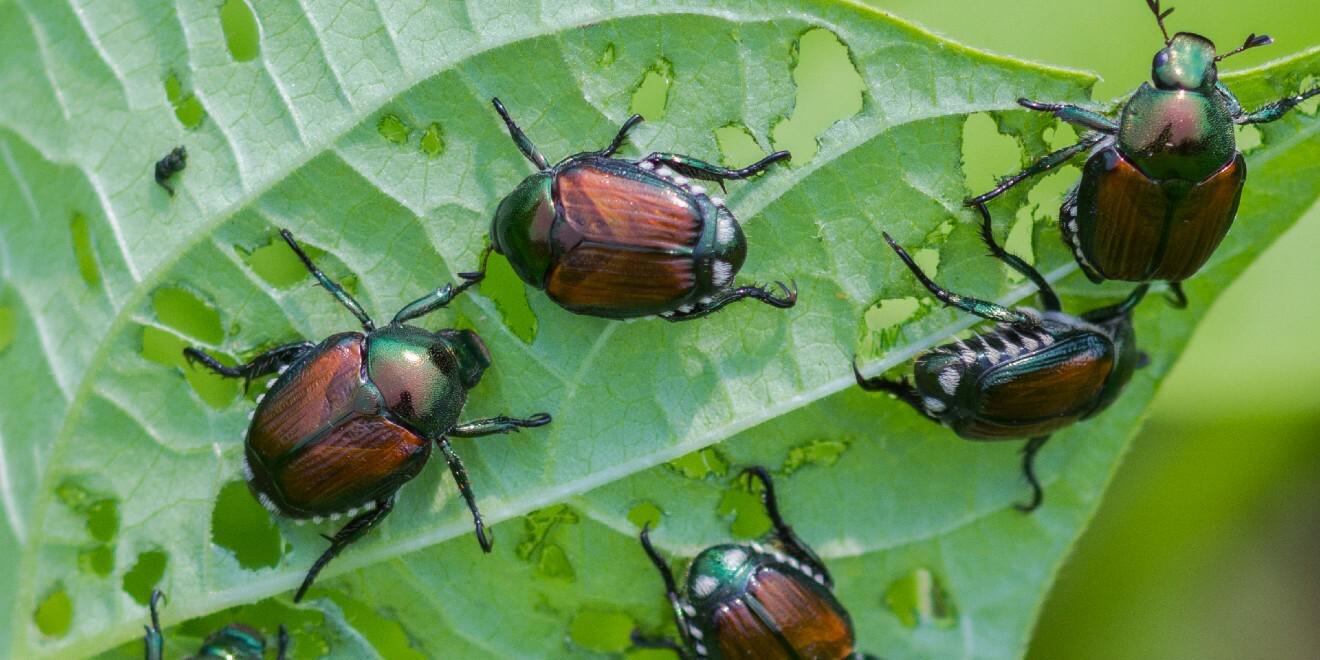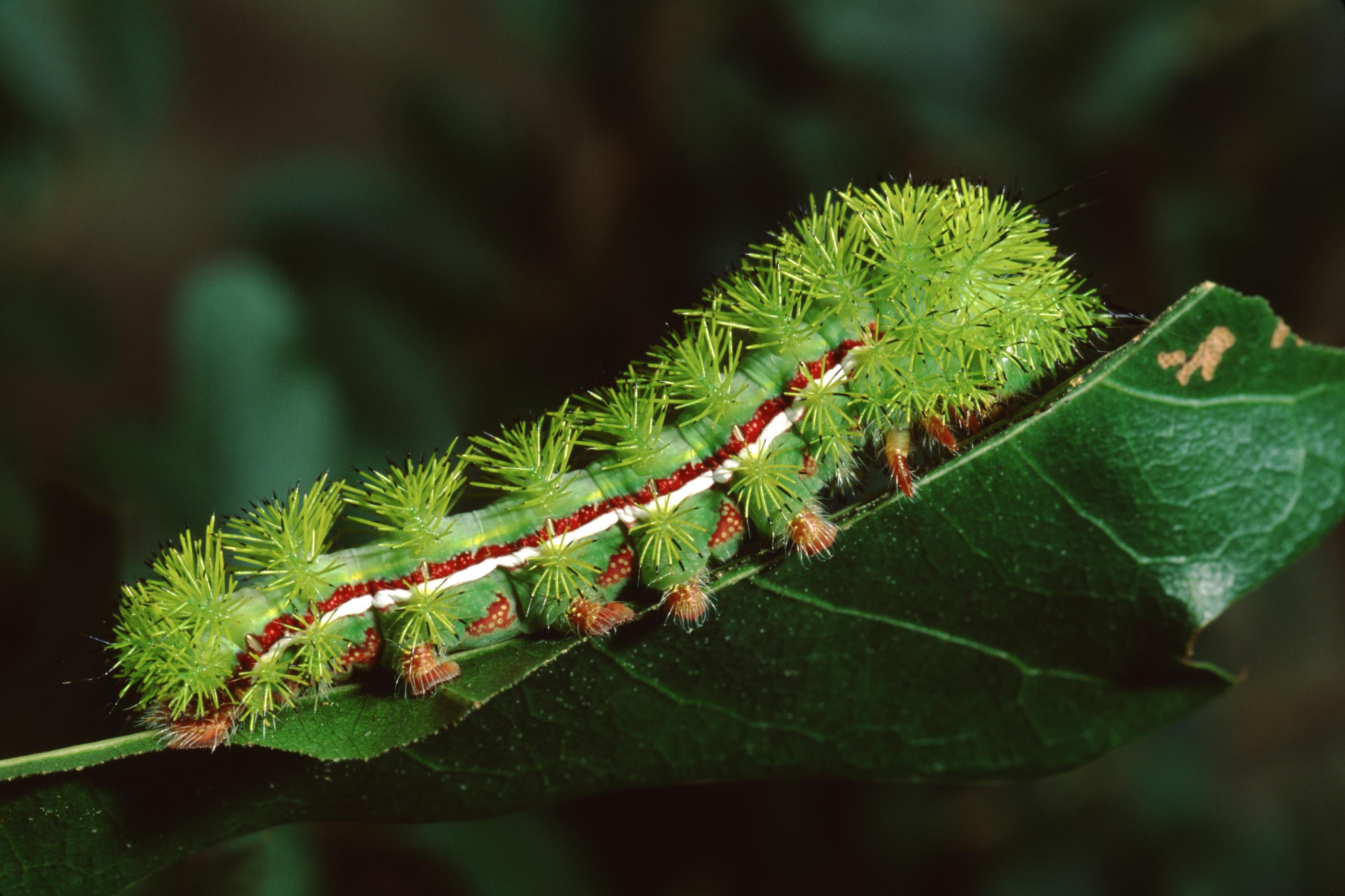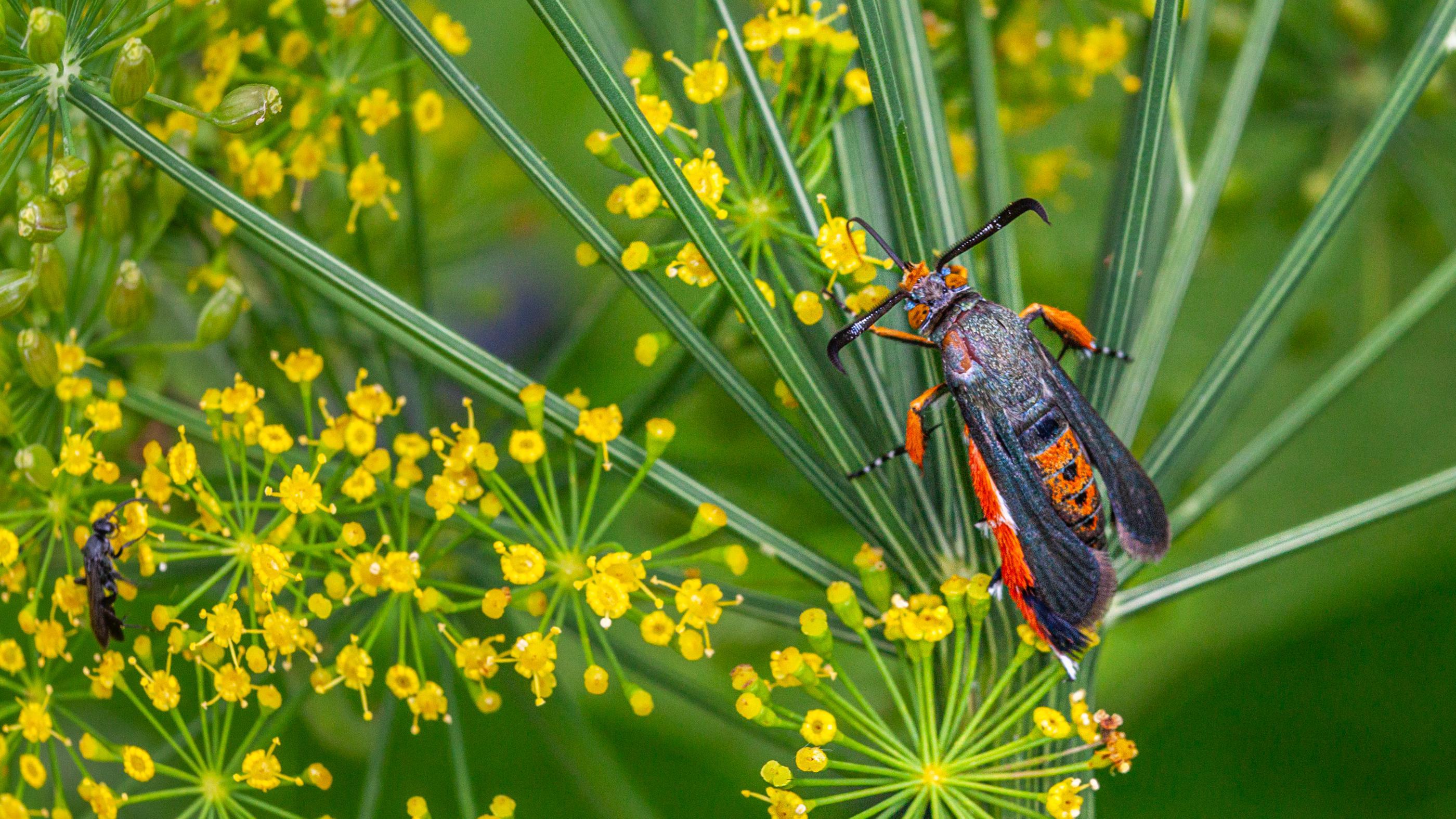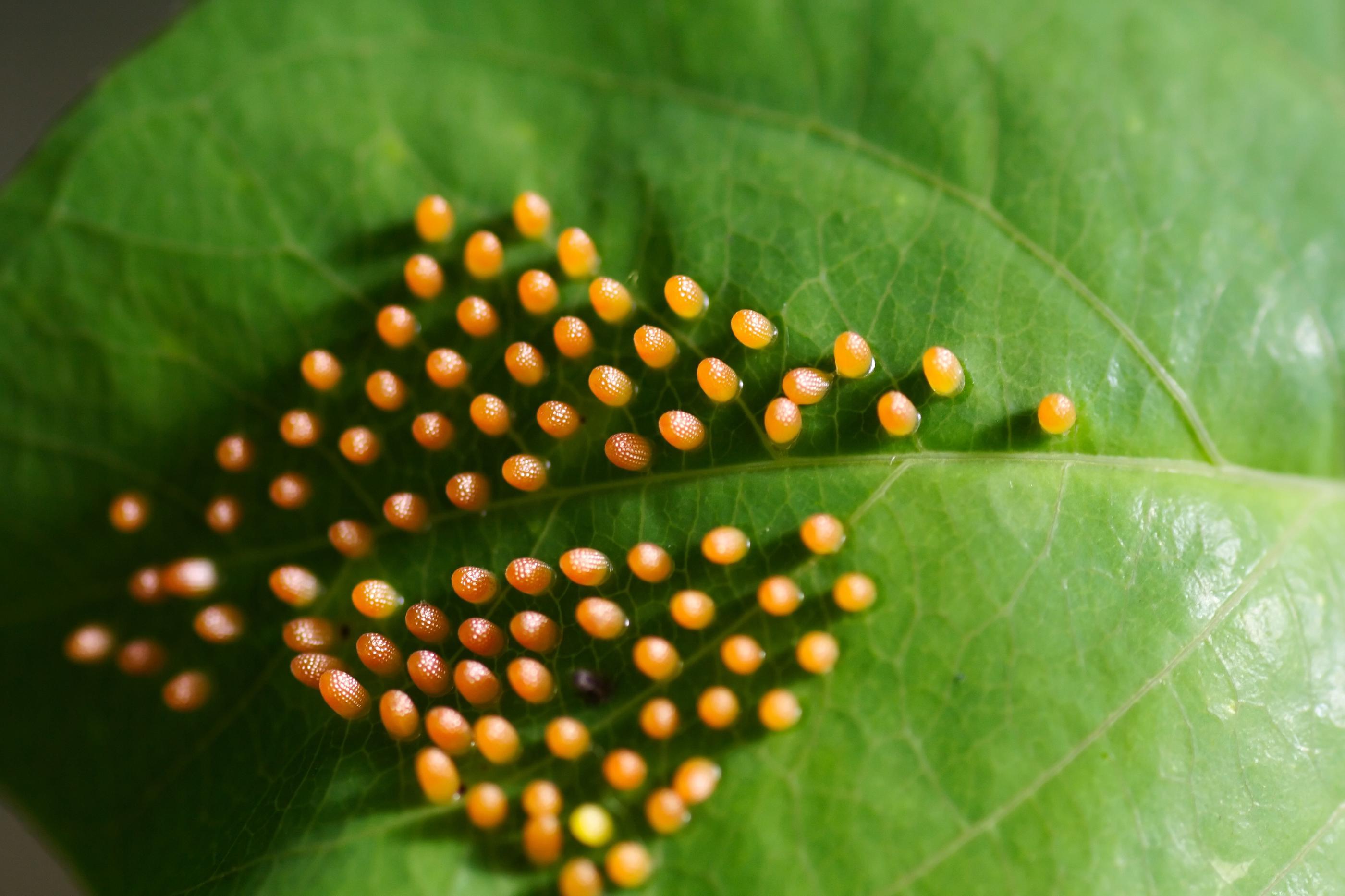Research Scientists Employ the Mosquito’s Keen Sense of Smell to Detect Cancer
Posted by Mosquito Squad
December 20, 2023
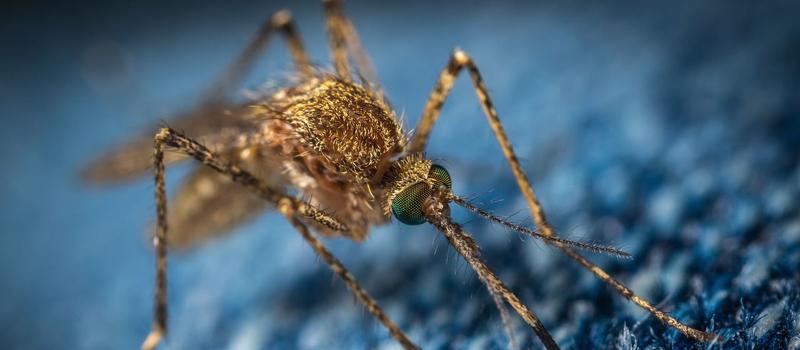
Scientists are hard at work exploring a large variety of ways to improve the early detection of cancer. Early detection is one of the critical factors for a positive outcome. Imagine how beneficial it could be if a non-invasive breathalyzer-type test could detect cancer. The prospect is in development, and the outlook is promising. With help from mosquito anatomy, we may soon be able to detect human illness from chemicals detected in our breath!
Building a Sensitive Synthetic Nose
While hardware and software developers have created a machine version of many human senses –the human sense of smell has been challenging to duplicate. Human noses can detect one trillion odors. Recreating the actual unit (the nose) that would do the smelling with that level of sensitivity has been the roadblock. So rather than start from scratch, the team at the Biohybrid Systems Laboratory at the University of Tokyo tapped into the odor-sensing mechanisms of a Yellow Fever mosquito.
How our Sense of Smell Works
Human noses are filled with olfactory cells which are responsible for sending the message from our nose up to our brain. The cells’ outer rims are covered in proteins called “olfactory receptors.” Each receptor, of which there are over 400, is activated by a single odor or chemical. When there are multiple or complex smells, the various triggered receptors send all the signals to the brain. Once there, the information is combined with previous experience, allowing the brain to determine the source of the odor. These combination chemicals triggering different receptors are how our system can detect over a trillion different odors.
While a mosquito “nose” works in much the same way, mosquito receptors offer higher sensitivity and a stronger biological signal to the brain. This combination allows them to discern what they smell more acutely.
Dr. Shoji Takeuchi and his team rebuilt a synthetic olfactory system using the odor-sensing components from a yellow fever mosquito. Combining the synthetic biological components with parallel chip design allows the detection of odors with extremely high sensitivity. By reproducing the mosquito’s odor-sensing mechanisms, which are finely tuned to identify their favorite chemicals, the chip should be able “to detect over a quadrillion mixes of odors.” Dr. Takeuchi believes the sensitivity of the sensors can be further heightened.
Smelling Cancer and Other Human Diseases
The bionic nose is set to have an electrical current triggered when the sensors pick up certain chemicals. Octenol is a chemical often detected in the breath of cancer patients. The team fed the octenol odor molecule to the biohybrid nose. The nose picked up the smell at over a 90% rate of accuracy. They also tested it with complex human breath, which “contains about 3,000 different metabolites,” and the synthetic nose was able to differentiate breath that contained octenol and breath that did not.
With a design to pick up on cancer indicators such as octenol in a person’s breath, the team hopes to eventually use the technology as an early and affordable cancer detection method. They also are hoping it could be used to detect contamination and toxic chemicals. But in the meantime, the team is testing the system one scent at a time while working on software that could expand the analytical possibilities for the various complex odors detected by the hardware.
While we still don’t want mosquitoes pestering us, biting us, and spreading disease, it is nice to know that scientists are able to put mosquitoes’ extremely excellent sense of smell to work for something beneficial to the human race.

